 |
| July 13, 2020 |
Dear Reader,
Here are highlights from today's top stories to start your week: New York was the epicenter of the coronavirus pandemic. Cases peaked at almost 12,000 in a day in April, but with regulations and community buy-in, the Empire State flattened the curve. Experts warn that reopening too early could lead to a surge in COVID-19 cases and will put the most vulnerable at risk. On the energy front, the threat of chronic blackouts is sparking a rush to install battery backup systems as California homeowners try to avoid disruptive power cuts related to wildfires. And in space news, the Arab world's first interplanetary spacecraft is headed to Mars. |
| | Sunya Bhutta, Senior Editor, Audience Engagement
@sunyaaa | |
 |
| |
| |
| |
| |
| |
| |
| |
| |
| Conservation An 'Extinction Hotspot' in Appalachia The discovery of a lost plant species highlights the need to protect other endangered species in one of the most biodiverse regions in the U.S. | | | | |
| |
FROM THE STORE
 | | | |
| |
FROM THE ARCHIVE
 | | | |
| |
LATEST ISSUES
 |
| |
| Questions? Comments?  | |
| Download the Scientific American App |
| |
| |




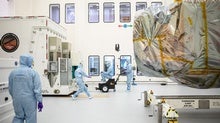

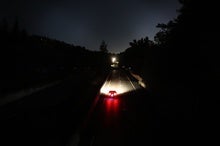



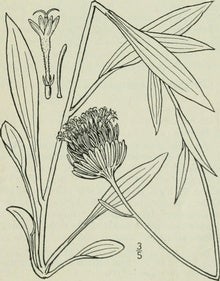
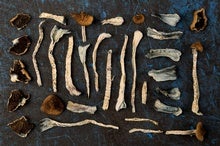
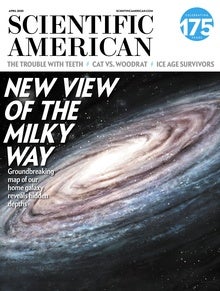


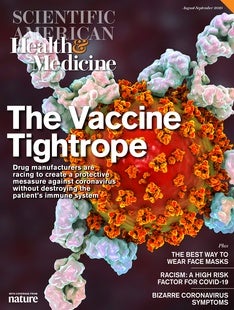

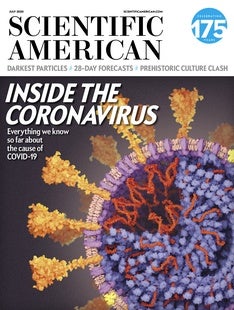
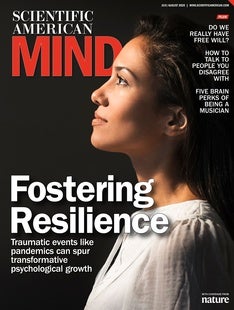
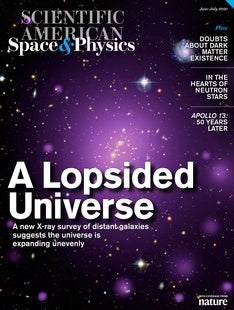



Comments
Post a Comment